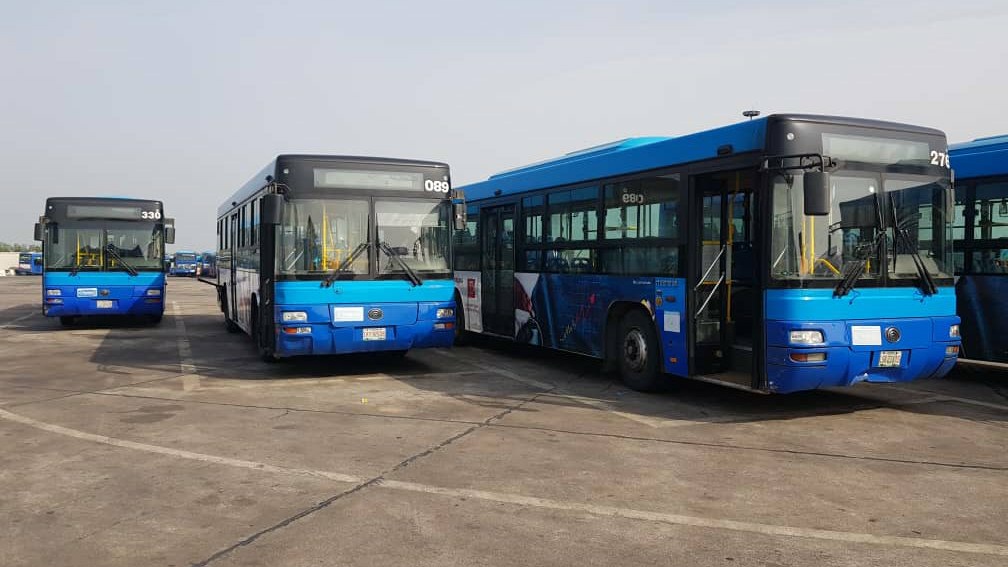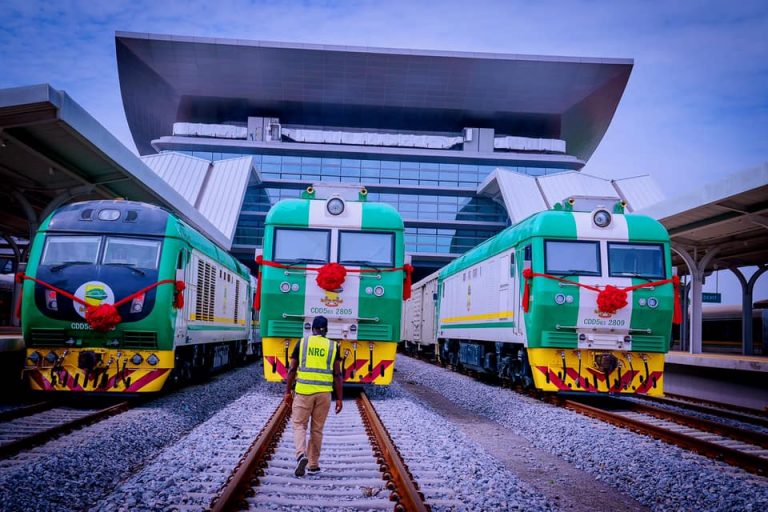
Stakeholders in transport and logistics businesses have cried out over spike in the cost of diesel, saying the surge has drastically affected their operations.
While speaking with The Guardian, they said it had been challenging seeing the cost of diesel skyrocket, while the burden could not be placed on the clientele.
Bus Rapid Transport (BRT) operators are also feeling the pains, as they said the hike had not resulted in increase of fares for commuters.
Managing Director of Lagos Bus Services Limited (LBSL), Idowu Oguntona, said: “We are currently consulting to see what can be done. The cost of diesel is very high. Our intention and objective is to continue to provide affordable mobility for Lagosians. But we are consulting on what can be done from the cost management perspective.
“Obviously adjusting the fare is the last resort. Not many people can absorb that, but we are consulting to see the best decision we can take for everyone.”
Managing Director of Primero Transport Company, Fola Tinubu, said the spike had affected them negatively. “The diesel price has gone up by over 200 per cent while, there has not been an increase in fares or help from the government. We are struggling right now,” he said.
Tinubu said the company was currently surviving through help of its banker and vendors. President, Association of Nigeria Courier Operators (ANCO), Okey Uba, said the situation had adversely affected the business.
Uba said: “We use more litres of diesel now for our dispatch. And quite unfortunately, there is no corresponding increase at the cost of dispatch because if we do it, it may not work so well with our clients. So, definitely, the cost of diesel has affected our business negatively.”
He explained measures put in place to salvage the situation, saying: “We have only adopted some cost-saving measures like looking for a petrol engine to go. Sometimes, instead of carrying 10 tonnes of items, we would have to look for a way of dividing it into a smaller tonnage that will use a petrol engine.
“Secondly, we are trying to do what we call synergy among the industries. If you are going to Port Harcourt, for instance, you look for a colleague that is also going the same way, then you fix the price, even though it’s not something that is supposed to be done, but we just have to do so as cost-saving measures. The business is something that has to do with time; it is actually affecting the delivery time.
“We would keep calling on the government to do what they need to do. As good citizens, we just have to do what we have to do to serve our clientele to make sure that the job of logistics is not derailed,” Uba added.
Also, a stakeholder in the industry, who did not want his name in print, said it had been very challenging. He said: “Last year, diesel cost was not as near as what we are experiencing. And you know projections and business plans are usually done based on previous year calculations and projected inflation rate.
Nobody expects that diesel will get to almost a 500 per cent increase.
“A lot of the things we do are around transport and logistics. Both air, ground and aviation fuel is affected. Most of the trucks we have are diesel. Unfortunately, you can’t pass most of these costs to clients because your prices are already known to the customers and price reviews are not done immediately.”






